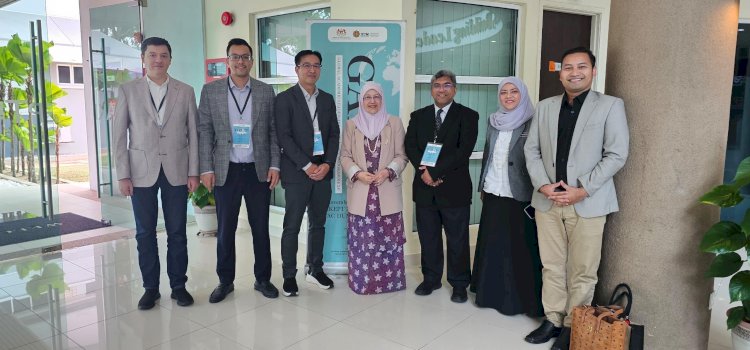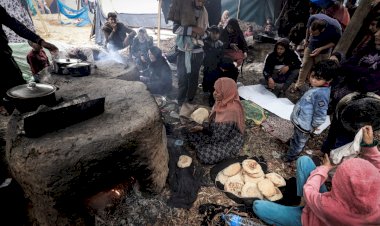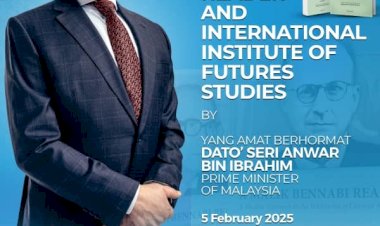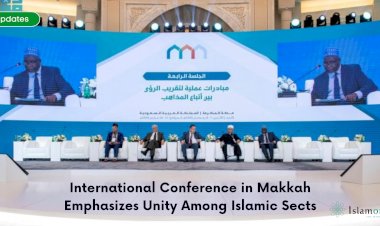Malaysia’s Higher Education Vision: Strengthening Global Leadership and Regional Cooperation
Malaysia considers the higher education sector a strategic pillar of its national development agenda, placing it at the centre of ongoing reforms aimed at building a sustainable, knowledge-driven society. In recent years, the country has undertaken systematic efforts to modernize its universities through the forward-looking “University 5.0” concept, an institutional model that integrates education, research, and innovation to meet the evolving needs of society. A key priority of this vision is to nurture a new generation of socially responsible specialists capable of offering evidence-based solutions to pressing global and local challenges.
It is within this context that Malaysia hosted ASEAN’s prestigious “Higher Education Leadership Forum” on 4 November this year. The event gathered leaders of universities, policymakers, and experts from across Southeast Asia to exchange ideas on strategic governance and the future of higher education in the region.
Following this, the Malaysia Academy of Higher Education Leadership (AKEPT) and the International Islamic University Malaysia conducted a flagship programme, the Global Academic Leadership Development Program (GALEP 2.0). More than 50 emerging leaders in education, science, and research from 21 countries participated, including from Uzbekistan.
Developing Strategic and Future-Ready Leaders
GALEP 2.0 aims to prepare leaders capable of navigating the complex challenges facing modern educational institutions. The programme focuses on strengthening strategic thinking, enhancing institutional capacity, and exposing participants to advanced international practices in governance, research, and academic leadership.
Prominent Malaysian university founders, directors, and international experts contributed to the programme. Among them were Chief Executive Officers from Heriot-Watt University Malaysia, Sunway University, the International Medical University (IMU), and other distinguished institutions.
Professor Harshita Aini Harun, Director of the Academy for Higher Education Leadership under Malaysia’s Ministry of Higher Education, together with international expert Professor Shukran Abdul Rahman, delivered sessions on strategic university planning, governance excellence, and institutional sustainability. Professor Dato’ Elizabeth Lee, Chief Executive Officer of the Sunway Education Group, discussed the evolution of next-generation universities and their increasing social responsibilities.
One of the core modules of GALEP 2.0 focused on innovation, technological transformation, and digital governance. Professor Mushtak Al-Atabi, Provost and CEO of Heriot-Watt University Malaysia, shared key insights on leadership psychology and the importance of cultivating compassionate, purpose-driven leaders.
The programme appears to be one of Malaysia’s most impactful platforms for strengthening global academic collaboration and for nurturing strategic leadership talent across regions.
Uzbekistan–Malaysia Cooperation in Higher Education
Professor Harshita Aini Harun expressed strong appreciation for the ongoing reforms in Uzbekistan’s higher education sector under the leadership of President Shavkat Mirziyoyev. She welcomed Uzbekistan’s initiative, announced at the 80th session of the UN General Assembly, to hold a World Summit on Vocational Education and affirmed Malaysia’s readiness to collaborate in organizing the event.
Malaysian international expert Professor Shukran Abdul Rahman also noted that Uzbekistan’s recent educational and scientific reforms have created a strong foundation for sustainable national development. He proposed organizing specialized training programmes in Malaysia for Uzbek academics and researchers on modern scientific methods, innovative approaches, and international standards in higher education.
Moving Forward: Building Human Capital for an Innovative Future
Uzbekistan’s ongoing efforts to strengthen higher education and scientific research reflect the country’s commitment to building a modern, innovative economy. Reforms to enhance human capital, expand research capacity, and modernize university infrastructure are crucial steps toward the national goal of entering the world’s top 50 countries in the Global Innovation Index by 2030.
International platforms such as GALEP 2.0, along with sustained cooperation between Malaysia and Uzbekistan, play an essential role in preparing future-ready professionals and facilitating the exchange of modern knowledge and technologies. These partnerships not only strengthen academic institutions but also support broader regional aspirations for peace, prosperity, and sustainable development.
Conclusion
Malaysia’s forward-looking reforms in higher education, together with platforms such as GALEP 2.0, demonstrate the nation’s strong commitment to strengthening global academic leadership and fostering meaningful regional collaboration. For countries like Uzbekistan, engagement in such initiatives provides valuable opportunities to learn from advanced institutional models, adopt innovative practices, and expand international partnerships.
As both nations continue to invest in human capital and institutional excellence, their cooperation in higher education and research will play an increasingly important role in shaping a more knowledgeable, interconnected, and future-ready region. The shared pursuit of innovation, capacity building, and ethical leadership offers great promise not only for institutional progress, but also for the broader social and economic development of the Muslim world and the global community.
About the author:
Dr. Shahzad Islamov serves as Deputy Director of the Imam Maturidi International Scientific Research Center under the Cabinet of Ministers of the Republic of Uzbekistan, where he advances scholarly studies on Maturidi theology and promotes harmony through rigorous academic research anchored in Islamic tradition.
Disclaimer
The views expressed in this article are the author’s own and do not necessarily mirror Islamonweb’s editorial stance.
























Leave A Comment